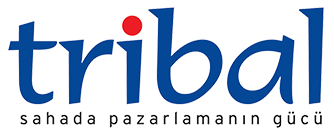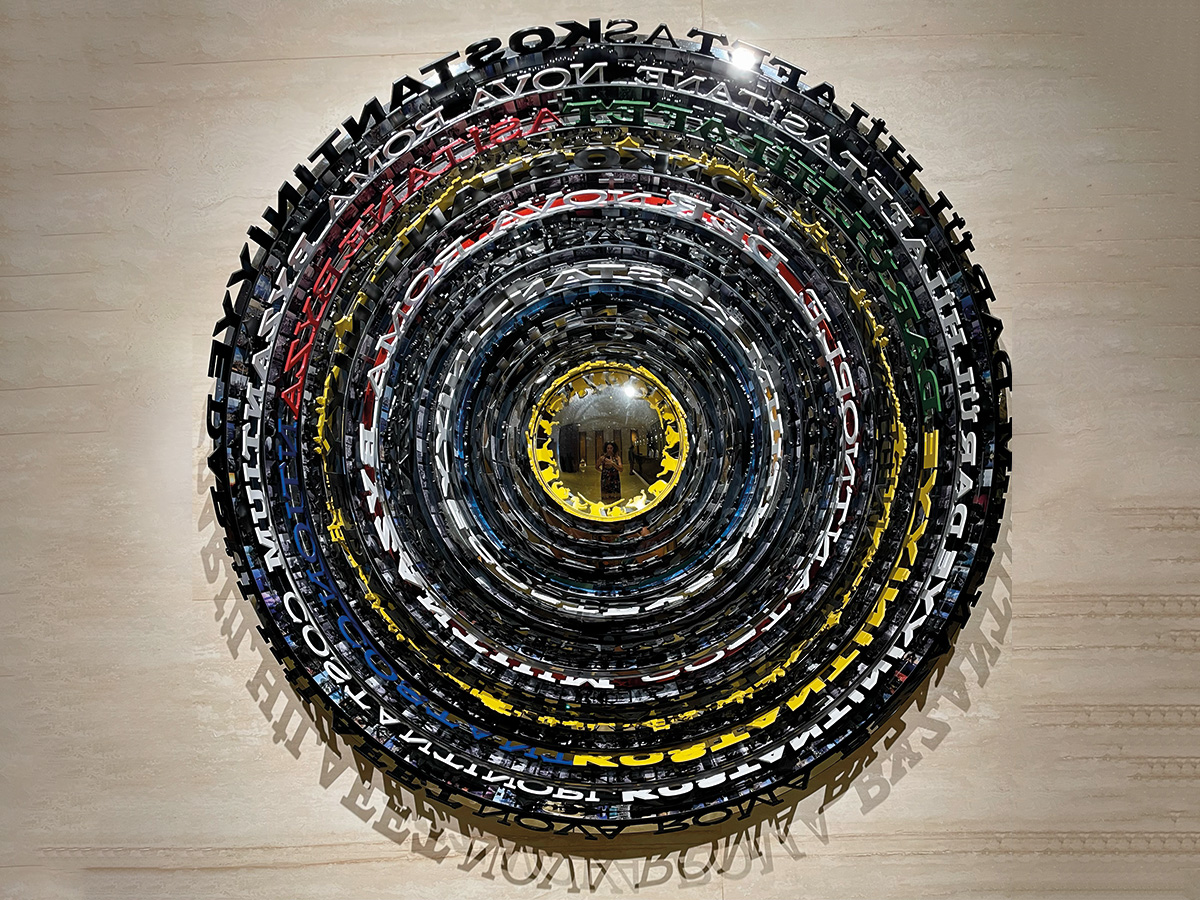Gary Keller and Jay Papasan’s book, “The One Thing,” published in 2013, quickly topped the bestseller lists of the Wall Street Journal, New York Times, and USA Today. The book aims to dismantle one of today’s most praised qualities—multitasking. Embodying the Russian proverb “If you chase two rabbits, you will catch neither,” the book focuses on the inefficiency of multitasking. Over the past century, several misconceptions have been dictated to humanity as truths of success. The authors list the following six lies of success:
1. Everything is equally important.
2. Multitasking is important.
3. A disciplined life brings success.
4. Willpower is the key to success.
5. Aim for a balanced life.
6. Big is bad.
The authors acknowledge that, in terms of human rights and justice, everything is equal. However, in real life, not everything holds equal importance—an argument strongly supported by the Pareto Principle. In terms of time and resource management, rather than trying to do everything in a day, it’s more efficient to determine the day’s priority and devote 80% of your efforts to the top 20% of your tasks. They advise learning to say “not today” instead of “later” or “maybe,” and focusing so intensely on your priority that your success in that area becomes noticeable. They defend the idea that doing the most important thing well is always most crucial.
In contemporary society, multitasking is often seen as a virtue. This is true for both the office worker juggling tasks and the person who boasts about multitasking while driving. Switching between tasks, especially detailed and difficult ones, incurs a significant transition loss. Studies show that toggling between multiple tasks, such as checking emails and then returning to an Excel file, can result in a 25% loss of productivity during the workday. Therefore, focusing on one task at a time, completing it, and moving on to the next reduces error rates and increases success.
When driving, we primarily use our visual perception. If while driving, we are asked how it would look to change the fabric on the sofa at home to yellow, or we are updated about the status of a project, our brain reallocates some of the visual perception dedicated to driving to these other topics. This is how distractions begin and why they are a leading cause of traffic accidents.
The authors argue that the secret weapon behind success is not discipline, but the ability to create habits. A task that becomes a habit is performed easily and willingly, surprising others with its ease. Even if others perceive you as highly disciplined, you continue doing it not because of discipline, but because it feels natural. American swimmer Michael Phelps has attention deficit hyperactivity disorder. One teacher told his mother, “He is not special; he will never be able to concentrate on anything.” His life changed when he began training with swim coach Bob Bowman at age 14, swimming six hours a day, seven days a week. Focusing all his energy and attention on swimming—his habit—gave him 52 more days of training per year than his competitors, a key to his success. Phelps went on to become the most decorated Olympian of all time, with a total of 22 medals, including 18 golds. A study from the University of London suggests that it takes 66 days for a behavior to become a habit. Although maintaining a behavior initially requires discipline, sustaining a habit is what brings true success. Once a habit is fully established, the authors recommend starting a second habit.
The most challenging question, “What is the purpose of my life?”, is addressed at the end of the book with a proposed method to find an answer, which likely varies for everyone. May everyone find what truly satisfies their heart.
This article by Emine Pura was published in the February 2016 issue of Retail Türkiye Magazine.
https://retailturkiye.com/emine-pura/tek-bir-sey/


